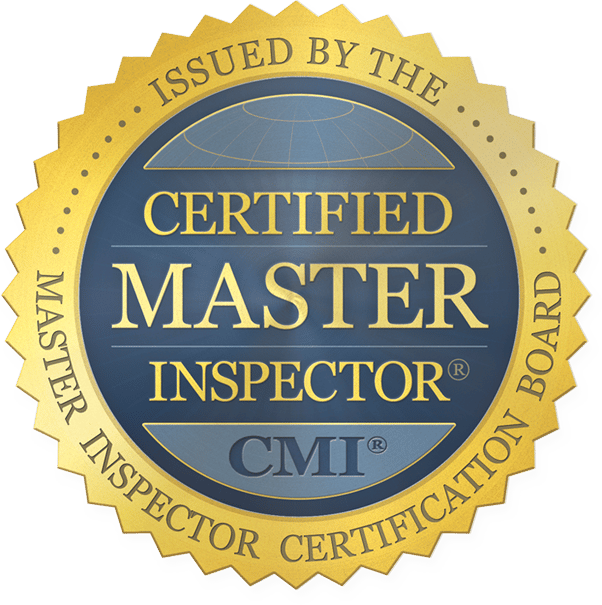How Real Estate Agents Can Leverage Social Media for Business Growth

Understanding the Different Social Media Platforms
Navigating the social media landscape can be a complex task, given the myriad of platforms available. For real estate agents, it’s crucial to understand each platform’s unique strengths and demographics to identify which ones will offer the most value for their business. Facebook, with its vast user base, offers broad reach and robust advertising options, making it a go-to platform for many real estate professionals. It allows agents to share listings, blog posts, and engage with their audience through comments, likes, and shares. Instagram, with its emphasis on visuals, is perfect for showcasing high-quality images and videos of properties. Instagram Stories and IGTV also offer unique ways to give virtual tours or share behind-the-scenes content that can offer potential buyers a more personal insight into the properties. LinkedIn, while more professional in nature, can be an excellent platform for networking with other real estate professionals and for positioning oneself as an industry thought leader through sharing informative content. Twitter’s fast-paced nature can be used for sharing quick updates, industry news, and for engaging in real-time conversations with followers. While these platforms are among the most popular, other platforms like Pinterest or YouTube can also be beneficial, especially for sharing home staging ideas or conducting virtual tours, respectively. Remember, being on all platforms is not necessarily more effective. It’s about identifying where your potential clients are spending their time and focusing your efforts there.
Building Your Social Media Strategy
Having a clear and thoughtful strategy is key to effectively leveraging social media for your real estate business. It starts with setting measurable objectives. Are you looking to increase brand awareness, generate leads, or engage more directly with potential clients? Your objectives will guide your actions on social media. Identifying your target audience is another crucial step. Are you focusing on first-time homebuyers, luxury property clients, or renters looking to become homeowners? Understanding who you’re trying to reach will help tailor your content to their interests and needs. Finally, having a content calendar is vital. This schedule not only keeps you organized but also ensures that you’re posting consistently. Consistency, after all, is key to maintaining your audience’s interest and building a strong online presence. Plan your posts around key dates, events, or themes, but also be flexible to accommodate trending topics or timely discussions.
Content Creation and Curation
In the realm of social media, content is king. For real estate agents, creating and sharing engaging, relevant content is vital. This could include high-resolution photos of your listings, informative blog posts, market updates, or even tips for first-time homebuyers. Remember, variety keeps your feed interesting and caters to the different preferences within your audience. Quality also matters when it comes to content. Invest in professional photography for your listings to ensure they look their best. If you’re writing blog posts or market updates, make sure your information is accurate, helpful, and presented in a clear, reader-friendly manner. Apart from creating your own content, curating content from other relevant sources can add value to your social media presence. Sharing industry news, articles, or infographics from reputable sources can position you as a well-informed real estate agent who’s in touch with the latest trends and news. Remember, your content should align with your brand’s voice and values, and it should serve your overall social media objectives. Strive to strike a balance between promotional content and value-adding content that educates or engages your audience.
Engaging with Your Audience
Engagement is the heart of social media. It’s not enough to post content regularly; interacting with your audience in a meaningful way is crucial. Responding to comments, acknowledging shares, and reciprocating likes can foster a sense of community and show your audience that you value their input and participation. Whether you’re responding to a simple query about a property listing or handling a complaint, ensure your interactions are respectful, helpful, and professional. Use these opportunities to show your expertise and commitment to excellent service. Remember, social media is a two-way street. Encourage interaction by asking questions, seeking opinions, or even running contests or polls. The more your followers engage with your content, the more visibility you gain on social media platforms due to their algorithms favoring highly interactive content. Consistent engagement not only builds relationships with potential clients but also enhances your brand’s reputation and trustworthiness.
Tracking and Measuring Success
An essential part of any social media strategy is the ability to track your efforts and measure your success. Each social media platform provides various metrics such as likes, shares, comments, follower growth, reach, and impressions, among others. Understanding and regularly reviewing these metrics can offer valuable insights into your social media performance and audience behavior. For real estate agents, key metrics might include the number of leads generated, the amount of website or listing traffic coming from social media, and the level of audience engagement with your content. There are various tools available, both built-in within the platforms and external ones, to help you collect and analyze these metrics. By leveraging these insights, you can identify what’s working and what’s not, and adjust your social media strategy accordingly. Remember, social media strategies should be dynamic, constantly evolving based on the data-driven feedback you receive.



